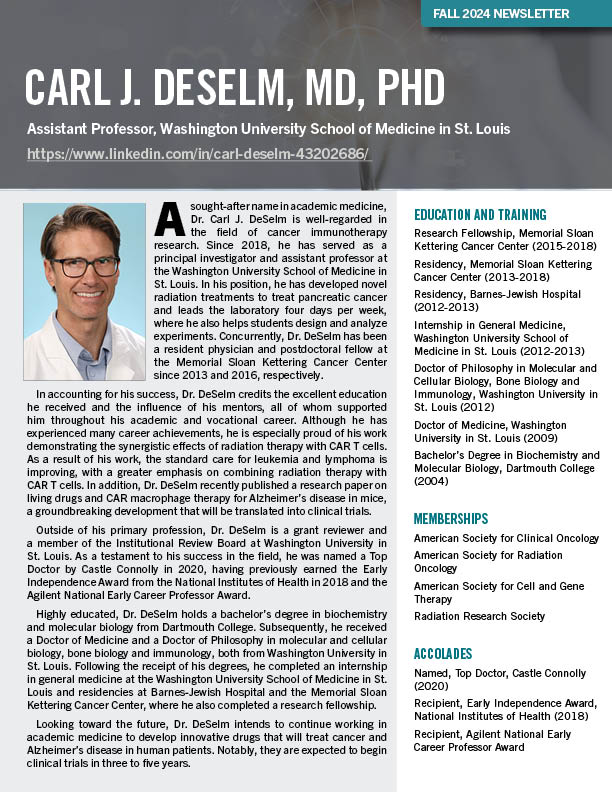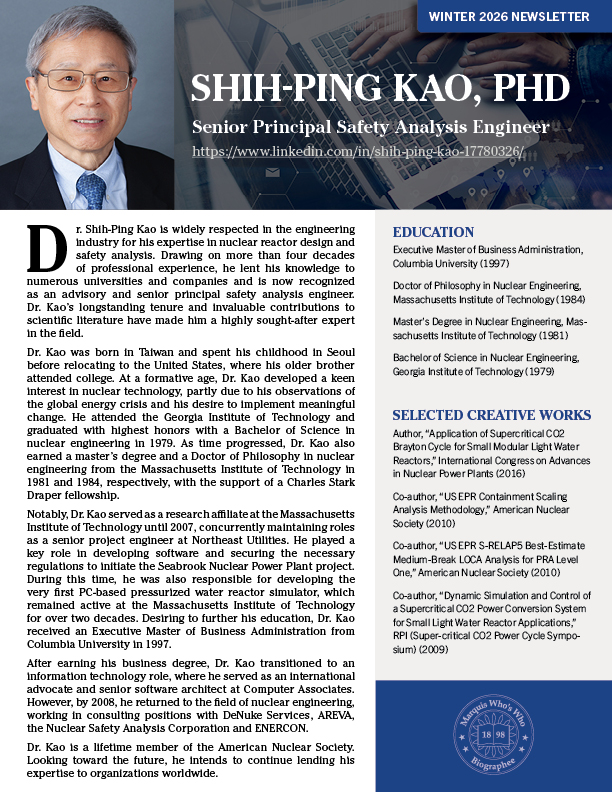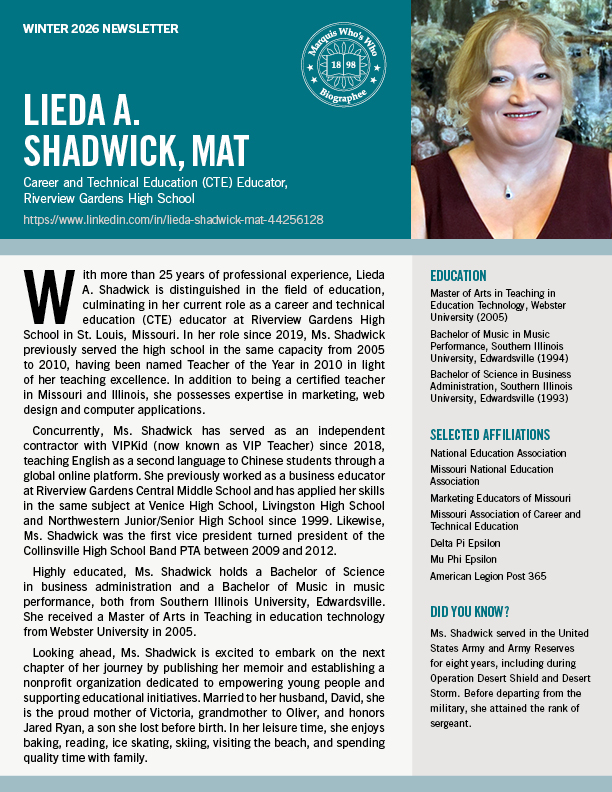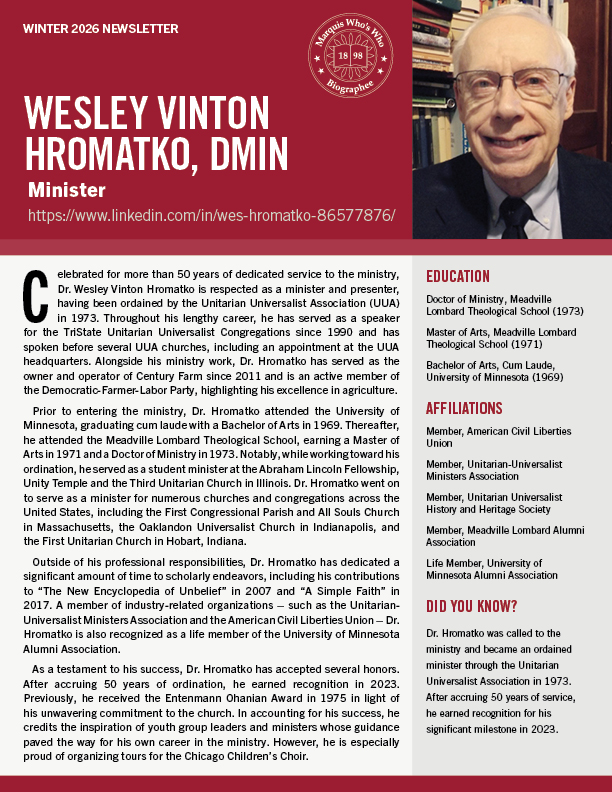
A sought-after name in academic medicine, Dr. Carl J. DeSelm is well-regarded in the field of cancer immunotherapy research. Since 2018, he has served as a principal investigator and assistant professor at the Washington University School of Medicine in St. Louis. In his position, he has developed novel radiation treatments to treat pancreatic cancer and leads the laboratory four days per week, where he also helps students design and analyze experiments. Concurrently, Dr. DeSelm has been a resident physician and postdoctoral fellow at the Memorial Sloan Kettering Cancer Center since 2013 and 2016, respectively.
In accounting for his success, Dr. DeSelm credits the excellent education he received and the influence of his mentors, all of whom supported him throughout his academic and vocational career. Although he has experienced many career achievements, he is especially proud of his work demonstrating the synergistic effects of radiation therapy with CAR T cells. As a result of his work, the standard care for leukemia and lymphoma is improving, with a greater emphasis on combining radiation therapy with CAR T cells. In addition, Dr. DeSelm recently published a research paper on living drugs and CAR macrophage therapy for Alzheimer’s disease in mice, a groundbreaking development that will be translated into clinical trials.
Outside of his primary profession, Dr. DeSelm is a grant reviewer and a member of the Institutional Review Board at Washington University in St. Louis. As a testament to his success in the field, he was named a Top Doctor by Castle Connolly in 2020, having previously earned the Early Independence Award from the National Institutes of Health in 2018 and the Agilent National Early Career Professor Award.
Highly educated, Dr. DeSelm holds a bachelor’s degree in biochemistry and molecular biology from Dartmouth College. Subsequently, he received a Doctor of Medicine and a Doctor of Philosophy in molecular and cellular biology, bone biology and immunology, both from Washington University in St. Louis. Following the receipt of his degrees, he completed an internship in general medicine at the Washington University School of Medicine in St. Louis and residencies at Barnes-Jewish Hospital and the Memorial Sloan Kettering Cancer Center, where he also completed a research fellowship.
Looking toward the future, Dr. DeSelm intends to continue working in academic medicine to develop innovative drugs that will treat cancer and Alzheimer’s disease in human patients. Notably, they are expected to begin clinical trials in three to five years.


